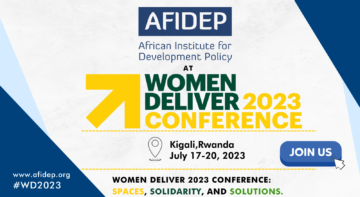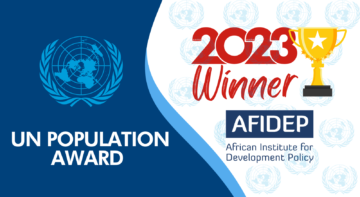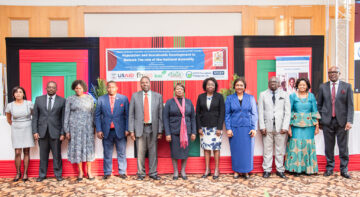News

The Ministry of Health (Reproductive Health Directorate) and the Ministry of Finance, Economic Planning and Development in collaboration with development partners and other stakeholders in family planning, population and development will host a National Population and Development Conference in Lilongwe between 6th and 8th September 2016.
The conference, whose theme is Empowering, Educating and Employing Youth to Harness the Demographic Dividend and Achieve Sustainable Development in Malawi, will be held at Bingu International Convention Centre. The Minister for Finance, Economic Planning and Development, Hon. Goodall Gondwe, is expected to preside over the opening ceremony.
The Conference will provide an opportunity for academia, researchers, development partners, civil society and other stakeholders in population and development to engage on the importance of population issues for the country’s development. A key question that participants will strive to answer is how the country can achieve the development goals outlined in its long-term development blueprint, Vision 2020 and the population and development targets outlined in the global sustainable development goals (SDGs).
It is expected that the Conference will galvanise national commitment to undertake strategic policy and investment actions that will optimise Malawi’s chances of harnessing the demographic dividend and achieve the long-term goal of transforming itself into a wealthy, technology-driven middle-income country.
A key highlight of the Conference will be the launch of a study report on the demographic dividend undertaken by the Malawi Government in partnership with the African Institute for Development Policy (AFIDEP). The study report, titled: Harnessing the Demographic Dividend to Accelerate Socio-economic Transformation and Economic Development in Malawi, was produced with the support of UNFPA Malawi. It summarises results of a study carried out to assess Malawi’s potential for harnessing the demographic dividend and the policy options that the country can consider in order to maximise its potential for earning a maximum demographic dividend.
It is expected that the deliberations at the conference will lead to a multi-sectoral understanding of how the dynamics of Malawi’s population link to the demographic dividend, and will therefore aid concerted efforts to achieve sustainable development.
The Conference deliberations are also expected to inform the country’s next mid-term development plan, possible revision of the population policy and enhancement of Malawi’s long-term Vision. The sharing of innovations, experiences, best practices and lessons learned in population and development programming will be key.
At the end of the Conference an action plan and communiqué outlining how key commitments emerging from it will guide strategic reforms and enhance the country’s chances of harnessing the demographic dividend, will be formalised.
The Conference is expected to attract a cross-section of stakeholders among them Government ministries and departments including the Ministry of Finance, Economic Planning and Development, Ministry of Health, Ministry of Labour, Youth and Manpower Development, National Statistical Office, Ministry of Gender, Children, Disability and Social Welfare, District Councils, Ministry of Local Government and Rural Development. Research institutions and universities, including the University of Malawi’s Department of Population Studies at Chancellor College, College of Medicine, and Kamuzu College of Nursing.
Development partners include UNFPA, UNESCO, WHO, UNICEF, USAID, DFID, and GIZ. Non-Governmental Organisations include Engender Health, Adventist Health Services, Save the Children, Health Policy Project, Banja La Mtsogolo, IPAS, Family Planning Association of Malawi, CHAM, Goal Malawi and CHAI. Other potential stakeholders include traditional authorities, youth parliamentarians, faith leaders, media and the private sector.
Related Posts





